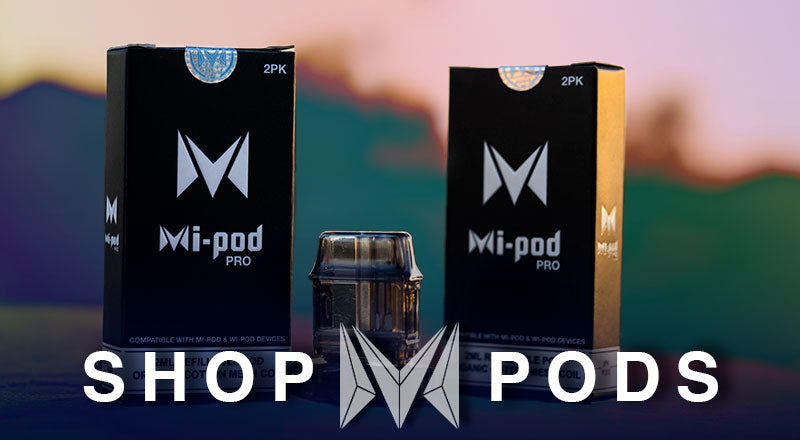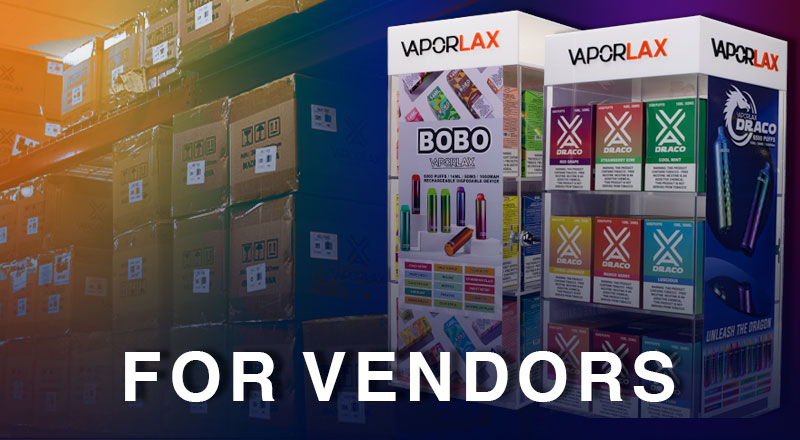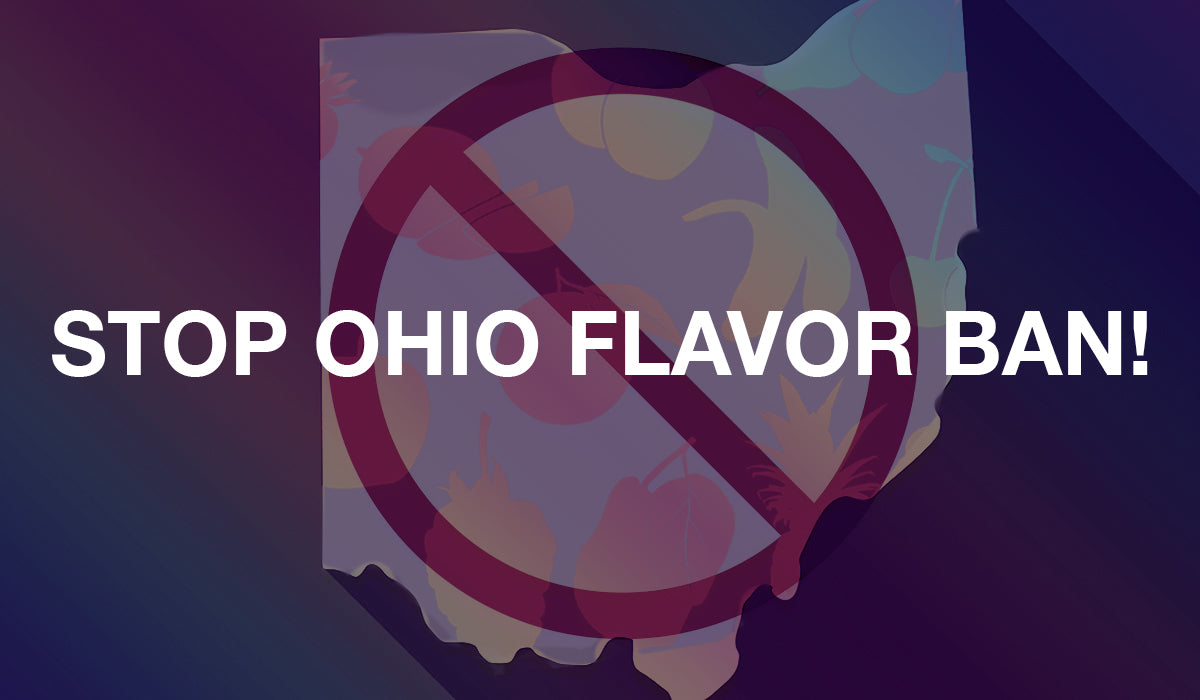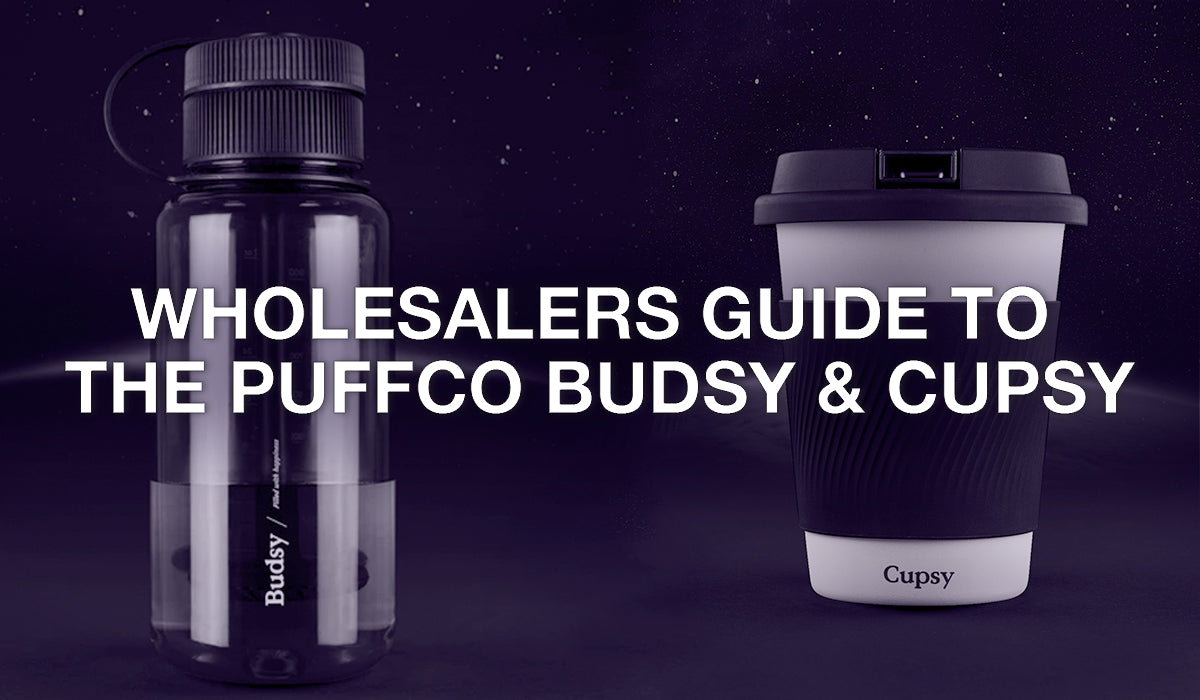Is JUUL Banned? FDA Orders JUUL Off the Market
On June 23, the Food and Drug Administration (FDA) issued a Marketing Denial Order for all JUUL products. A Marketing Denial Order represents a negative final decision in the Premarket Tobacco Application (PMTA) process. It indicates a determination by the FDA that a new tobacco product is not appropriate for the protection of public health, and it means that the product must be removed from the market immediately.
If you’re a JUUL user, though, you’re probably aware that JUUL products are still available in stores. As far as consumers are concerned, nothing appears to have happened to JUUL at all. So, what does the Marketing Denial Order mean? Should you be going into panic mode at this point? Do you need to start looking for the best Juul vape alternatives?
As you’re about to learn, the PMTA process is anything but simple. The fact that the FDA has banned JUUL doesn’t necessarily mean it’ll go away. JUUL has already begun to fight the ban in court, and it’s entirely possible that a final decision on the matter is still months away. While you wait for that decision, though, it would be very wise to start planning what you’re going to do if the court ends up siding with the FDA.
In this article, we’ll provide an overview of the situation with JUUL and the FDA to help you gain a better understanding of what’s going on. First, though, we’ll answer the question that brought you here: Is JUUL really banned?
Is JUUL Banned?
Yes – sort of. The FDA really has banned JUUL from the US market. When the FDA issues a Marketing Denial Order, that represents a final decision. It’s an order to stop marketing the product immediately. As you’ve undoubtedly noticed, though, JUUL’s products aren’t actually off the market yet.
The reason why JUUL products are still available in the US is because JUUL has unsurprisingly challenged the FDA’s decision in court and was granted a temporary stay on the Marketing Denial Order by the Columbia Circuit Court of Appeals. While the stay is in place, JUUL can continue selling its products as it has been.
At this point, it is impossible to know how long the temporary stay will remain in place. JUUL has asked the court to extend the stay until a final judgement is rendered on the lawsuit. The temporary stay is only in place until the court decides whether to extend it. Depending on the court’s decision, JUUL products may be on the market for a few more days – or for several months.
What is the PMTA Process?
The PMTA process began with the signing of the Family Smoking Prevention and Tobacco Control Act by President Barack Obama in 2009. The Tobacco Control Act forbade all tobacco companies from releasing new products without first submitting supporting documentation showing that those products would be “appropriate for the protection of public health.” The supporting documentation is a Premarket Tobacco Application or PMTA. All tobacco products on the market before 2007 were grandfathered and thus didn’t require PMTAs.
In 2016, the FDA announced that it deemed vaping products to be tobacco products according to the provisions of the Tobacco Control Act. Since no vaping product available before 2007 was still on the market as of 2016, all current and future vaping products marketed in the US would need to have PMTAs submitted to and approved by the FDA before they would be fully legal to sell.
The fact that the FDA has issued a Marketing Denial Order to JUUL indicates that the FDA has received and declined JUUL’s PMTA. The FDA has not yet processed all of the PMTAs it has received from vaping product manufacturers, but most of the PMTAs it has processed have resulted in denials.
Why did the FDA Ban Juul?
The FDA found that JUUL’s PMTA “lacked sufficient evidence regarding the toxicological profile of the products” and that the application had “insufficient and conflicting data – including regarding genotoxicity and potentially harmful chemicals leeching from the company’s proprietary e-liquid pods.” In summary, the FDA concluded that the PMTA contained “insufficient evidence to assess the potential toxicological risks of using the JUUL products.”
What Will Happen to Juul Vapes Now?
As we explained above, JUUL products remain on the market at the time of writing due to a temporary stay issued by the Columbia Circuit Court of Appeals. The temporary stay doesn’t represent an opinion on the merits of JUUL’s case; the temporary stay is only in place until the court decides whether to issue a longer-term stay until the case is heard. If the stay is extended, that may represent an opinion on the merits of the case.
According to CNBC, JUUL alleges that the FDA failed to consider more than 6,000 pages of supporting documentation in its PMTA that specifically related to the aerosols produced by the JUUL device and pods. JUUL further alleges that the FDA’s Marketing Denial Order comes out of a “backdrop of immense political pressure” and that being pulled from shelves – even temporarily – would damage the JUUL brand permanently. The lawsuit further states that none of JUUL’s competitors were denied for the same reason and that the FDA appears to be applying a different standard to JUUL without explaining why.
What the future holds for JUUL going forward will depend on how things go with the company’s lawsuit. It is possible that the court will decide not to extend the temporary stay, in which case JUUL’s products will be removed from the market until the lawsuit is decided. If the stay is extended, on the other hand, JUUL’s products will remain on the market while the lawsuit plays out – and that could potentially take several months.
Should I Start Looking for a Juul Alternative?
Since it is impossible to say how JUUL’s lawsuit against the FDA will proceed, it’s probably advisable for you to start stocking up on pods now if you’re a JUUL user. If you are a vape business owner, it would probably behoove you to look into other top selling vapes from vape distributors that would fit into that shelf space.
You should also have an idea of what you’re going to use as an alternative if JUUL is ultimately banned. It isn’t known whether JUUL is still producing pods while awaiting the court’s decision on extending the stay – so regardless of the result on that decision, it’s possible that JUUL pods will become difficult to find in the near term.






Leave a comment
This site is protected by hCaptcha and the hCaptcha Privacy Policy and Terms of Service apply.